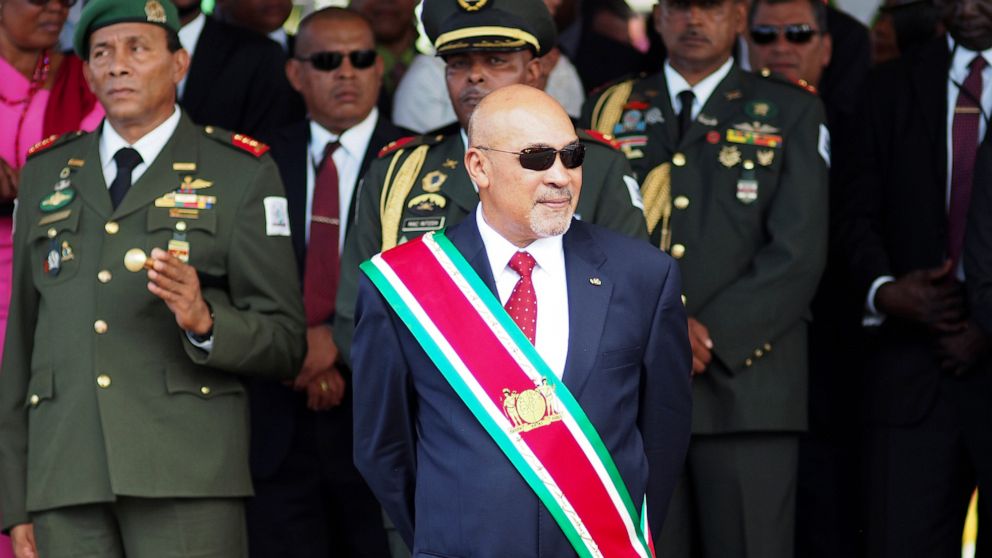
Sep 17, 2021 | News
Today the International Commission of Jurists called for a fair and speedy hearing of the appeal of former president Desiré Delano Bouterse before the Hof van Justitie (the highest court of law in Suriname) following the affirmation by the Krijgsraad (a military court comprised of civilian judges) of his conviction for his role in the extrajudicial killings of 15 political prisoners in 1982.
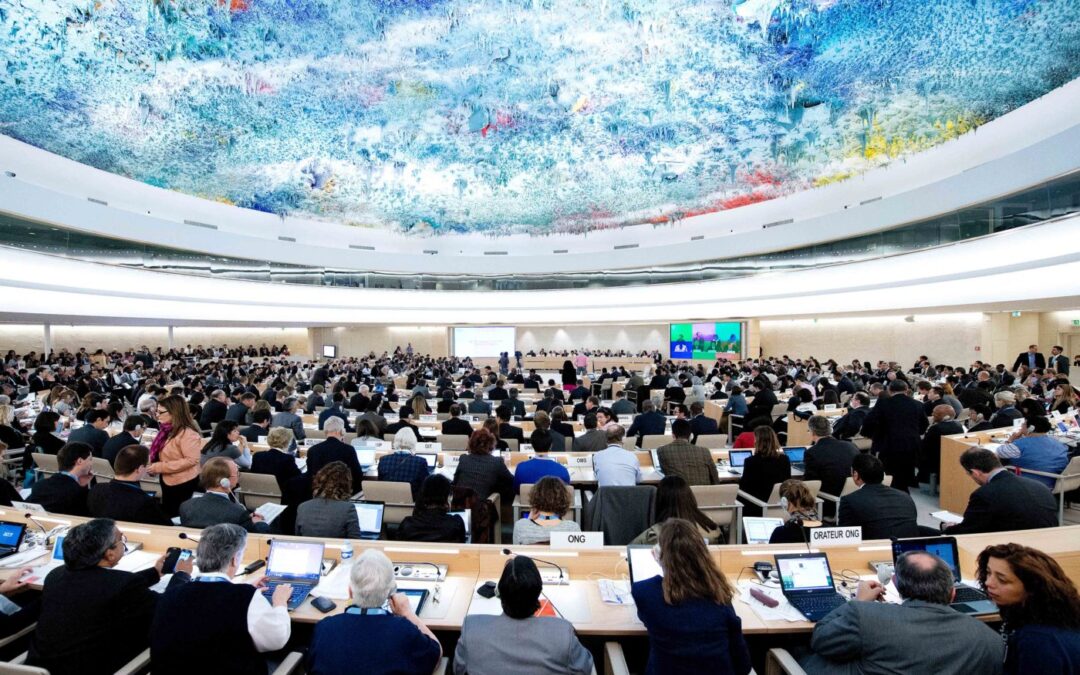
Sep 7, 2021 | News
Joint Civil Society Letter:
States should support accountability for crimes under international law committed in Yemen at the 48th Session of the Human Rights Council
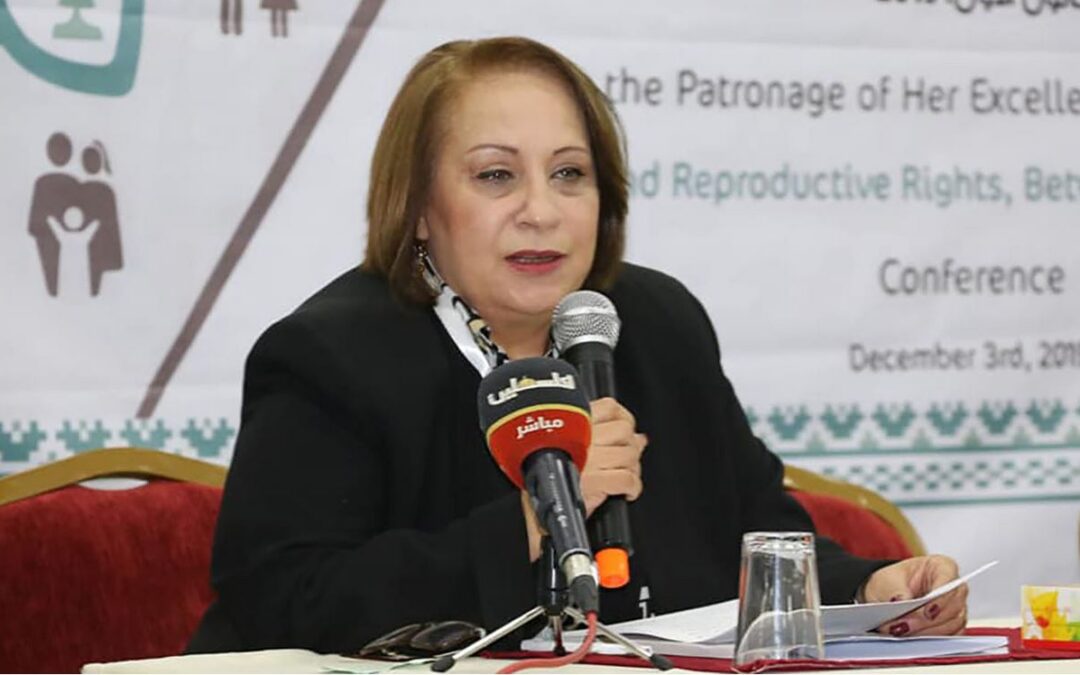
Sep 2, 2021 | News
Israeli authorities must end Shatha Odeh’s arbitrary detention, immediately release her, and provide compensation for her unjust detention, the International Commission of Jurists (ICJ) said today.
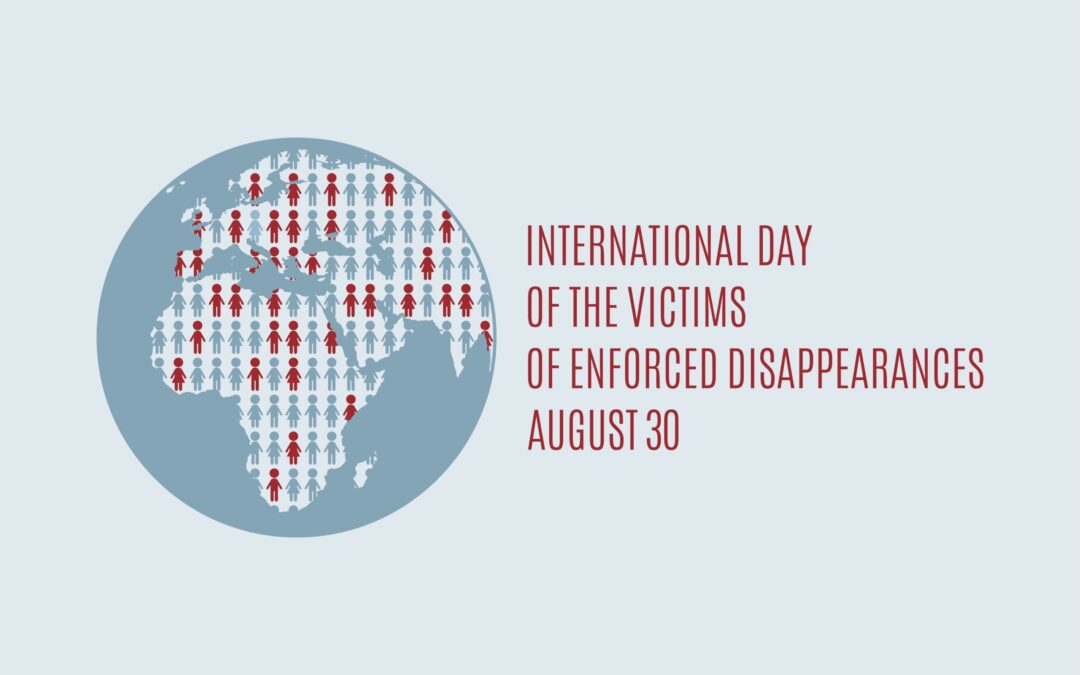
Aug 30, 2021 | News
Today, on the occasion of the International Day of the Victims of Enforced Disappearances, we the 33 undersigned local, regional, and international organizations, associations, and networks come together to highlight the dramatic and persistent nature of enforced disappearances in the Middle East and North Africa (MENA) region and the accompanying impunity enjoyed by perpetrators of these crimes throughout the region.
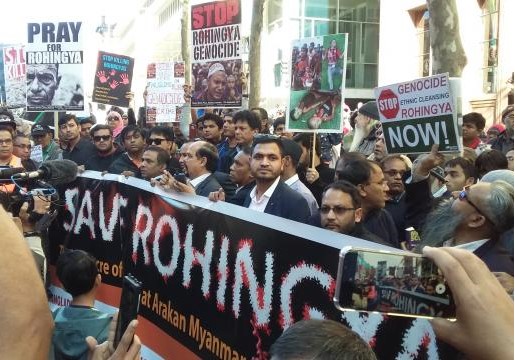
Aug 30, 2021 | Advocacy, News
Myanmar victims of serious human rights violations, including Rohingya living in refugee camps in Bangladesh, have expressed their desire to be included in the various international justice processes underway around the world. In response, the ICJ is holding a series of accessible online discussions on justice and accountability.









